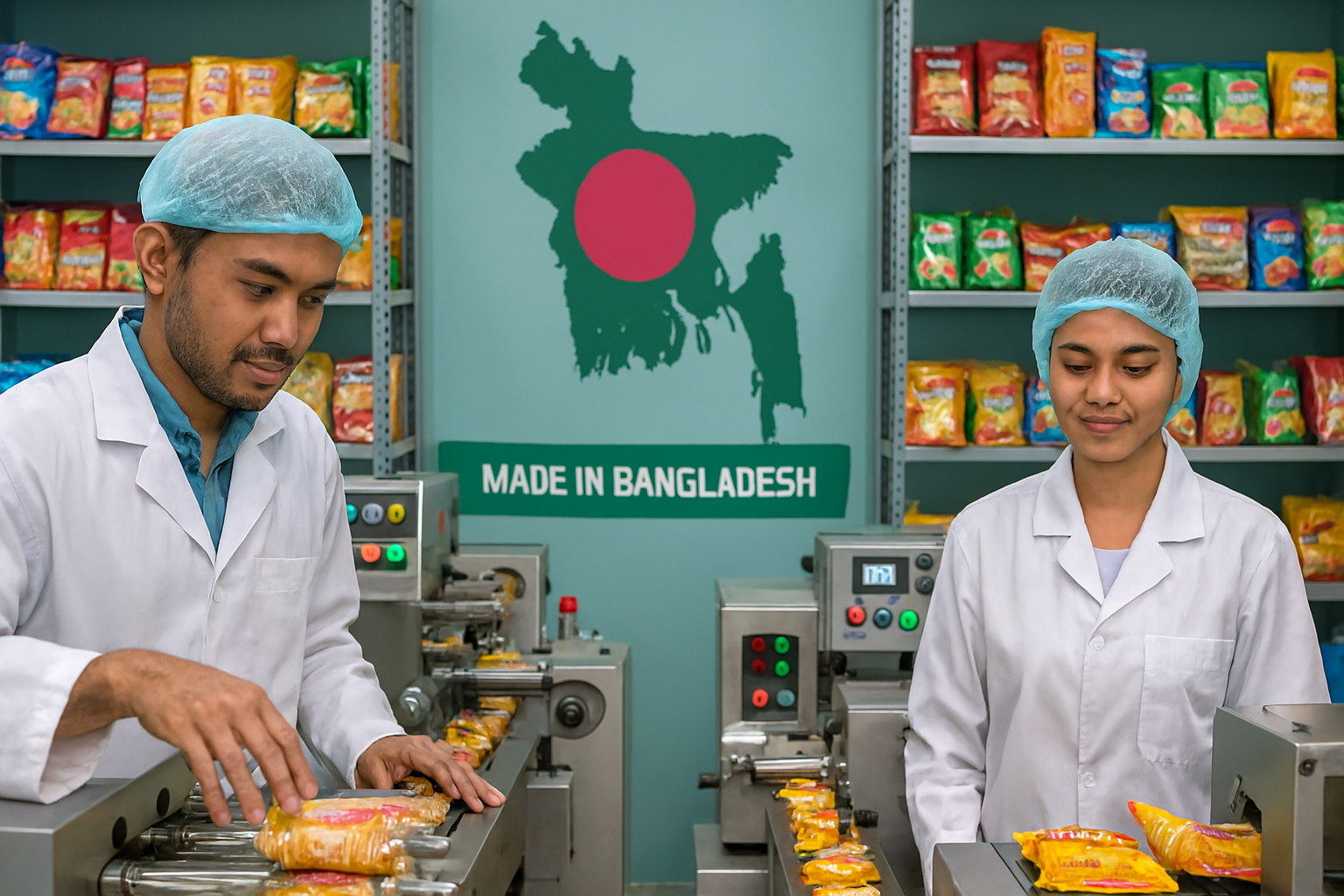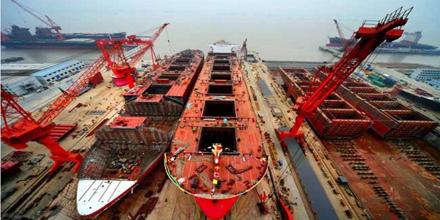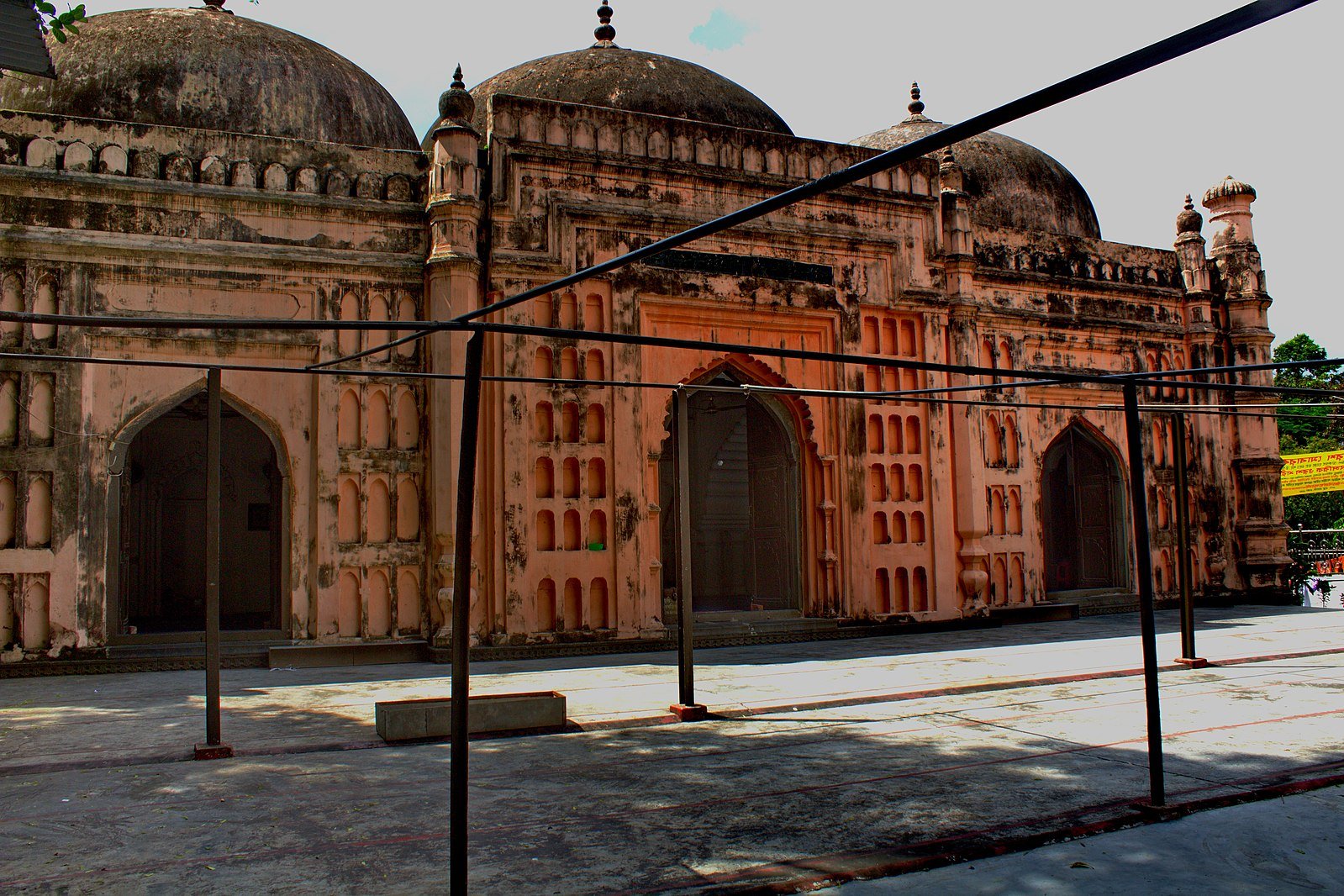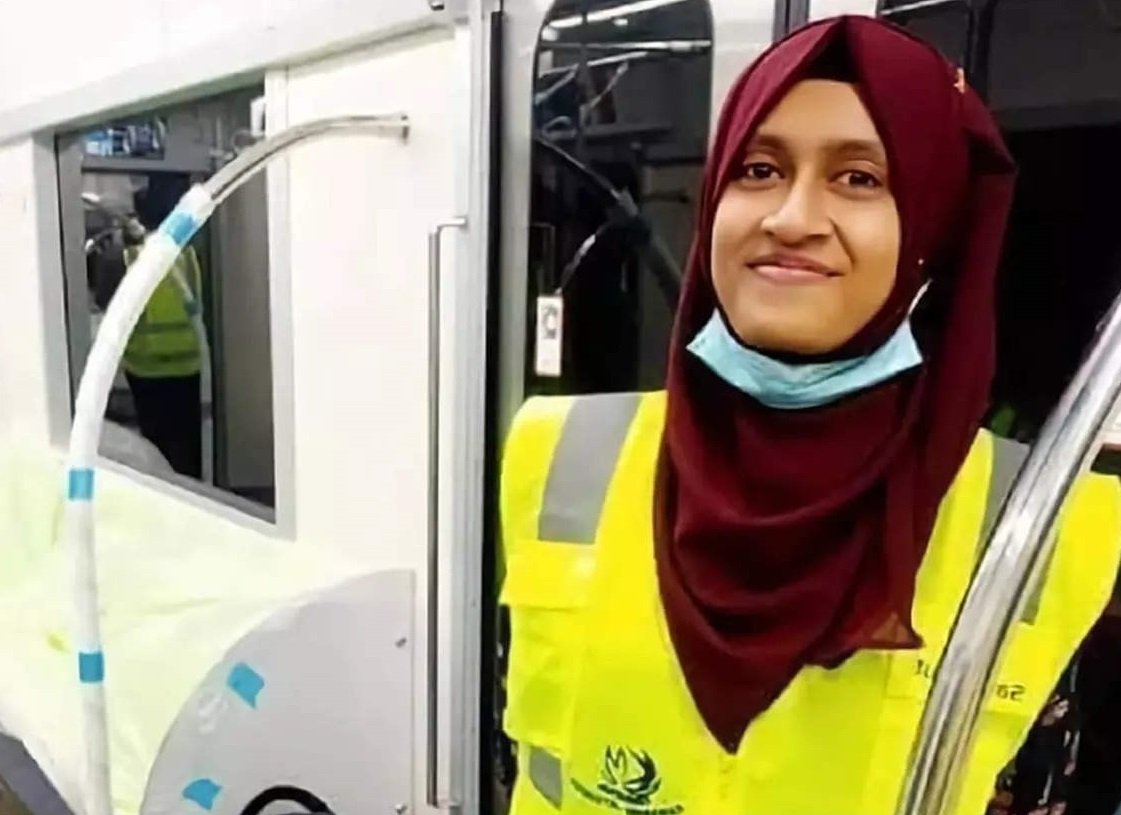Bangladesh Approves $57 Million E-Waste Management Project

Bangladesh Approves USD 57 Million E-Waste Management Project: A Step Towards Sustainable Circular Economy
The government of Bangladesh has approved a landmark project worth USD 57 million to establish a modern e-waste management plant, signalling the country’s intent to tackle the growing problem of electronic-waste while tapping into global circular economy trends.
Set to be commissioned by 2028, the initiative will be implemented by the Bangladesh Hi‑Tech Park Authority under the country’s ICT Division via a public-private partnership.
Given the global surge in e-waste, Bangladesh’s move is part of a broader shift: emerging economies turning hazardous waste liabilities into industrial opportunities, jobs and green growth.
Why E-Waste Management Bangladesh Matters
A Growing Digital Footprint
As Bangladesh’s economy digitises and household consumption of electronics expands, the volume of discarded devices is rising rapidly. Yet the country currently lacks a formal system for e-waste management Bangladesh, leaving much of the burden to informal handlers who expose workers and the environment to toxic metals such as lead, mercury and cadmium.
Health and Environmental Risks
Informal e-waste–recovery practices often involve unsafe dismantling, open-burning of circuit boards and uncontrolled disposal of hazardous residues. These actions pose serious health risks to workers and nearby communities, while contaminating soil and water. A dedicated facility would help shift operations into regulated, safe and efficient channels.
Global Circular Economy Strategy
Globally, the e-waste stream is valued as a source of rare metals, plastics and components that can be reused or recycled. Bangladesh’s project positions it to not only manage waste but extract value—turning electronics-end-of-life into feedstock for manufacturing, export-supply chains and material recovery industries.
Project Scope and Implementation Plan
The approved e-waste management Bangladesh project is ambitious and multi-faceted:
Processing capacity: The plant is designed to handle 200,000 to 300,000 tonnes of e-waste per year, establishing a high-technology value chain for recycling and recovery.
Timeline: The facility is targeted for commissioning by 2028. The design, installation and operation phases will run under a PPP model to utilise private-sector efficiency.
Scope of work: The detailed project-implementation document (DPP) has been revised with over 50 additional pages of inputs—covering raw-material sourcing, supply-chain definitions, finished-product frameworks, investment models and outcome-based guidelines to ensure private partners deliver effectively.
The combination of high technology, formalised processes and private-sector incentives demonstrates a modern approach to e-waste management Bangladesh.
Economic, Social and Industrial Benefits
Job Creation and Investment
The new plant is expected to generate significant employment opportunities in sorting, dismantling, materials recovery and downstream manufacturing. The PPP model also invites foreign investment, tapping into global recycling and manufacturing value chains.
Formalising the Informal Sector
By transitioning much of the e-waste flow from informal to formal channels, the project can improve worker safety, ensure environmental compliance and raise material-recovery rates. The move supports social inclusion and labour rights as well.
Value-Added Recycling and Manufacturing
Recovered materials—such as precious metals, plastics, printed-circuit boards and components—can feed into local manufacturing, exportable supply chains and even partnerships with global electronics OEMs. That enhances Bangladesh’s industrial diversification while reducing import dependence.
Global Relevance and Export Potential
Bangladesh’s e-waste initiative aligns with global trends in sustainably managed electronics lifecycles. It places the country in the conversation on green manufacturing, circular economy and responsible supply-chains. Such positioning can enhance export credibility and attract international partners.
Challenges and Key Success Factors
Infrastructure and Logistics
Efficient e-waste management requires cold-chain, logistics, specialised equipment and well-connected infrastructure. Bangladesh must ensure that collection systems, transportation, sorting facilities and final processing hubs are well-linked to make e-waste management Bangladesh effective.
Regulatory and Institutional Capacity
The success of the project depends on regulatory clarity, enforcement capacity and institutional coordination across ministries (ICT, environment, commerce, labour). A strong PPP framework must ensure private-sector accountability and strategy alignment with national sustainability goals.
Technological and Skill Upgradation
High technology recycling—e.g., safe recovery of rare earths, controlled dismantling of batteries, and extraction of precious metals—requires skilled workers, global best-practice standards and ongoing investment in R&D. Developing domestic capability will be key.
Informal Sector Transition
The informal sector currently handles much of Bangladesh’s e-waste. Transitioning those workers into formal roles, ensuring fair compensation and maintaining livelihoods during the shift will be socially important. If mishandled, the initiative risks marginalising vulnerable worker populations.
Environmental Monitoring and Compliance
To mitigate health and environmental risks, the plant must implement strong monitoring systems—tracking emissions, ensuring safe disposal of hazardous residues and adhering to international standards like WEEE (Waste Electrical and Electronic Equipment) directives where applicable.
Bangladesh in the Global Context of E-Waste Management
A Growing Global Challenge
Worldwide, annual e-waste generation is projected to reach over 74 million tonnes by 2030, with only about 20% formally recycled. Countries across Asia, Africa and Latin America face mounting pressure to build responsible systems. Bangladesh’s project contributes to global solutions.
Regional Leadership Potential
Bangladesh’s strategic location, emerging manufacturing base and growing domestic electronics market make it well-positioned to become a regional hub for e-waste processing and secondary-materials supply. The project could support South Asia’s circular-economy ambitions.
Aligning with SDGs and Climate Goals
The project supports multiple United Nations Sustainable Development Goals (SDGs), including SDG 12 (Responsible Consumption and Production), SDG 13 (Climate Action) and SDG 8 (Decent Work and Economic Growth). Through formalised recycling and resource recovery, Bangladesh aligns with the global agenda for sustainable development.
Next Steps and What to Watch
Collection Networks: Effective e-waste management Bangladesh will need robust collection systems across urban and rural areas, incentivised drop-off points and public awareness campaigns.
Private-Sector Bidding: The PPP tendering process will determine which companies partner for design, construction and operation of the plant—transparency and outcome-based contracts are critical.
Technology Partnerships: Collaborations with global recycling technology providers will help Bangladesh build capability and meet international standards.
Capacity Building: Training programmes, skills development and accreditation for workers and managers in e-waste recovery will strengthen the sector.
Monitoring and Reporting: Transparent data on volumes handled, materials recovered and health/environment outcomes will build trust and enable scaling.
Turning Waste into Opportunity
The $57 million e-waste management project marks a pivotal moment for Bangladesh’s environmental and industrial policy. By addressing hazardous digital-waste, generating jobs and positioning the country for circular-economy growth, Bangladesh is broadening its sustainable development path.
If executed well, the initiative will transform e-waste from a hidden hazard into a resource, aligning economic growth with environmental responsibility. In doing so, Bangladesh sets a model for other emerging economies seeking to modernise waste management, build green industries and participate fully in the global shift towards sustainable materials.







